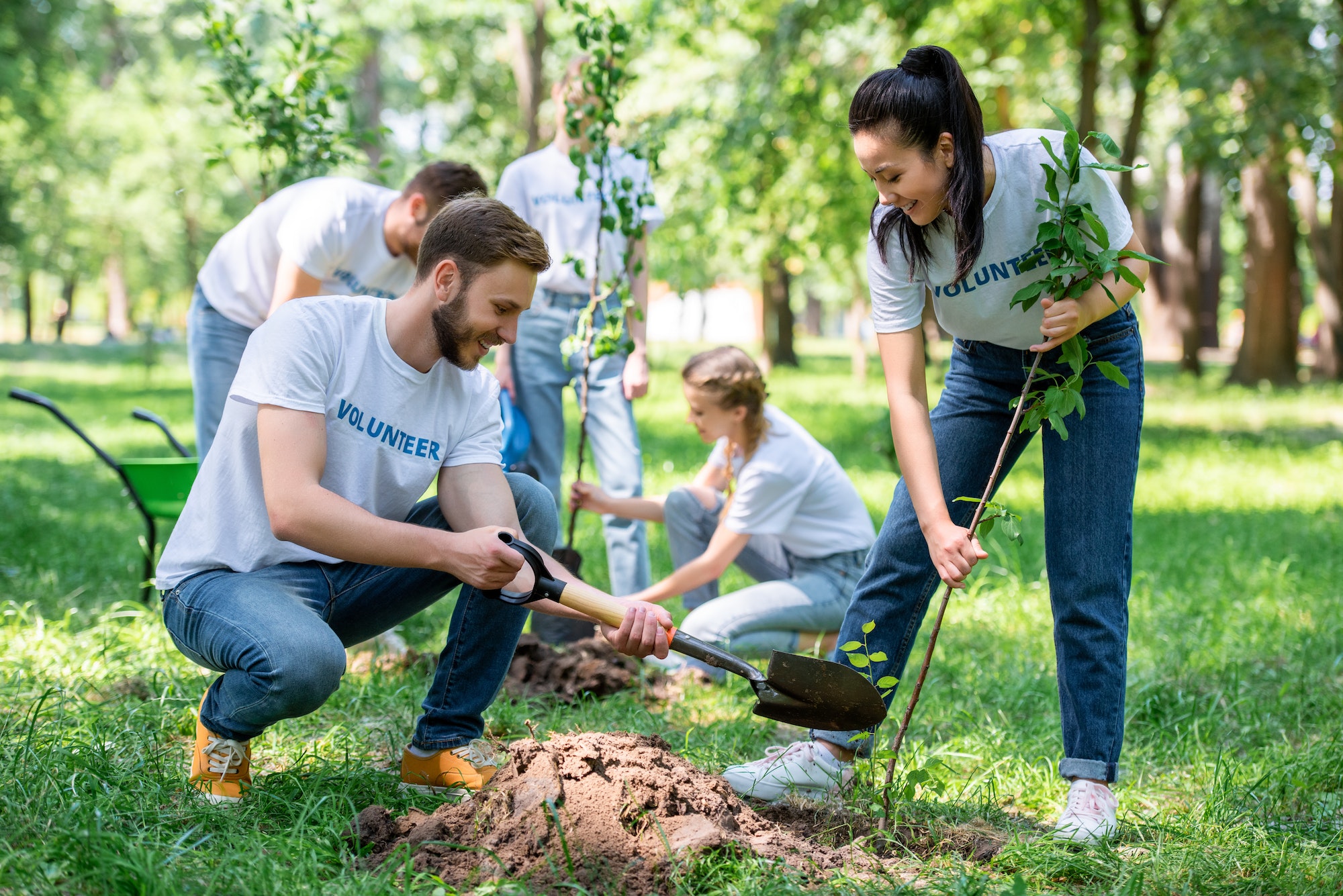Adults with Autism
Making Small Talk
Autism & the Struggle of Small Talk
“Small talk” refers to light and casual conversations about general topics. It helps break the ice and make social interactions smoother. Usually, it involves polite questions, comments, and exchanging information. The main goal of small talk is to create a comfortable and friendly atmosphere without discussing deep or personal subjects.
Making small talk can be challenging for an adult with autism due to several reasons. First, individuals with autism often struggle with understanding social cues and nonverbal communication, making it difficult for them to pick up on subtle conversational cues or interpret others’ emotions. Additionally, individuals with autism may have a tendency towards literal thinking, making it harder for them to engage in the casual, flexible nature of small talk. Furthermore, sensory sensitivities and difficulties with self-regulation can be overwhelming in social situations, leading to increased anxiety and a reduced ability to initiate or maintain small talk. These factors combined make small talk socially demanding and often uncomfortable for adults with autism, creating barriers to their social interactions.
Here are some tips to help you navigate small talk more comfortably:

Plan Ahead
Familiarize yourself with common small talk topics such as weather, current events, hobbies, or popular culture. Having some ideas in mind can give you a starting point for conversations.

Focus on Shared Interests
Look for common ground to initiate conversations. If you're in a particular setting or event, try to find topics related to that context. This can help create a more comfortable and relatable atmosphere.

Listen Actively
Pay attention to what the other person is saying and show genuine interest by asking follow-up questions. Active listening demonstrates that you're engaged in the conversation and can help you navigate the flow of small talk more smoothly.
Use Scripts or Prepared Responses
It can be beneficial to have some prepared responses or “scripts” in mind for common small talk scenarios. This can help you feel more confident and provide a framework for navigating conversations.
You may choose to use the F.O.R.D. method. The F.O.R.D. method is an acronym that stands for family, occupation, recreation, dreams.
Family
Given that many individuals have families, this subject serves as a convenient conversation starter. As people often engage in discussions about their families, you can leverage their prior conversations to ask additional questions. Don’t forget, family isn’t limited to just your blood relatives! Many folks consider their partners, friends, and even furry companions as cherished members of their family.
Occupation
Most adults have either worked or currently work in their lives. Since we spend a significant amount of time working each day, asking someone about their job is usually a reliable and safe conversation starter. However, avoid invasive questions such as: “How much money do you make?”
Recreation
Recreation encompasses the pastimes, pursuits, or inclinations that individuals have. Asking what someone likes to do for fun is a simple and friendly way to make small talk.
Dreams
We all have things we dream of doing at some point! Asking someone questions such as “If you could travel anywhere in the world, where would you go?” or “What’s something you’ve always wanted to try?” is a great way to learn about the other person and invoke a fun, pleasant conversation.

Practice Non-Verbal Cues
While not everyone on the autism spectrum has difficulties with nonverbal communication, it can be helpful to be aware of certain cues. Maintain eye contact when appropriate (if you feel comfortable doing so), nod or smile to show understanding, and use facial expressions to convey interest.

Take Breaks if Needed
Small talk can be mentally and emotionally draining, so it's okay to take breaks when you feel overwhelmed. Excusing yourself politely or redirecting the conversation to a topic you're more comfortable with can be helpful.

Seek Out Shared Activities
Engaging in activities or hobbies that interest you can provide opportunities for small talk that feel more natural. Participating in group activities or joining clubs related to your interests can lead to conversations that revolve around shared passions.

Be Patient With Yourself
Remember that small talk can be challenging for many people, not just those on the autism spectrum. Don’t be too hard on yourself if you find it difficult. Practice, reflection, and learning from each interaction will gradually improve your small talk skills.

Seek Support if Needed
If you find small talk particularly challenging, consider reaching out to support groups or seeking professional guidance. Therapists or autism-focused organizations can provide strategies and resources tailored to your specific needs. Remember, everyone’s small talk style is different, and it’s okay to have your own unique approach. Embrace your strengths, be kind to yourself, and focus on building connections at your own pace.

Guide Disclaimer
The information provided in this social guide for adults with autism is intended for general guidance and support. While we have made every effort to ensure the accuracy and relevance of the content, it is important to remember that each individual’s needs and experiences may vary. This guide is not a substitute for personalized professional advice or assistance.
We strongly recommend consulting with a healthcare professional, autism specialist, or any other relevant expert who can provide personalized guidance tailored to your specific circumstances. They can offer additional strategies, accommodations, and resources that may better address your unique challenges and goals.


